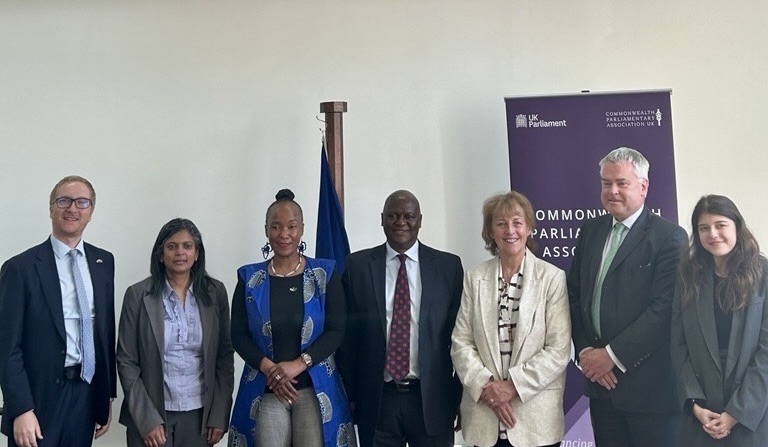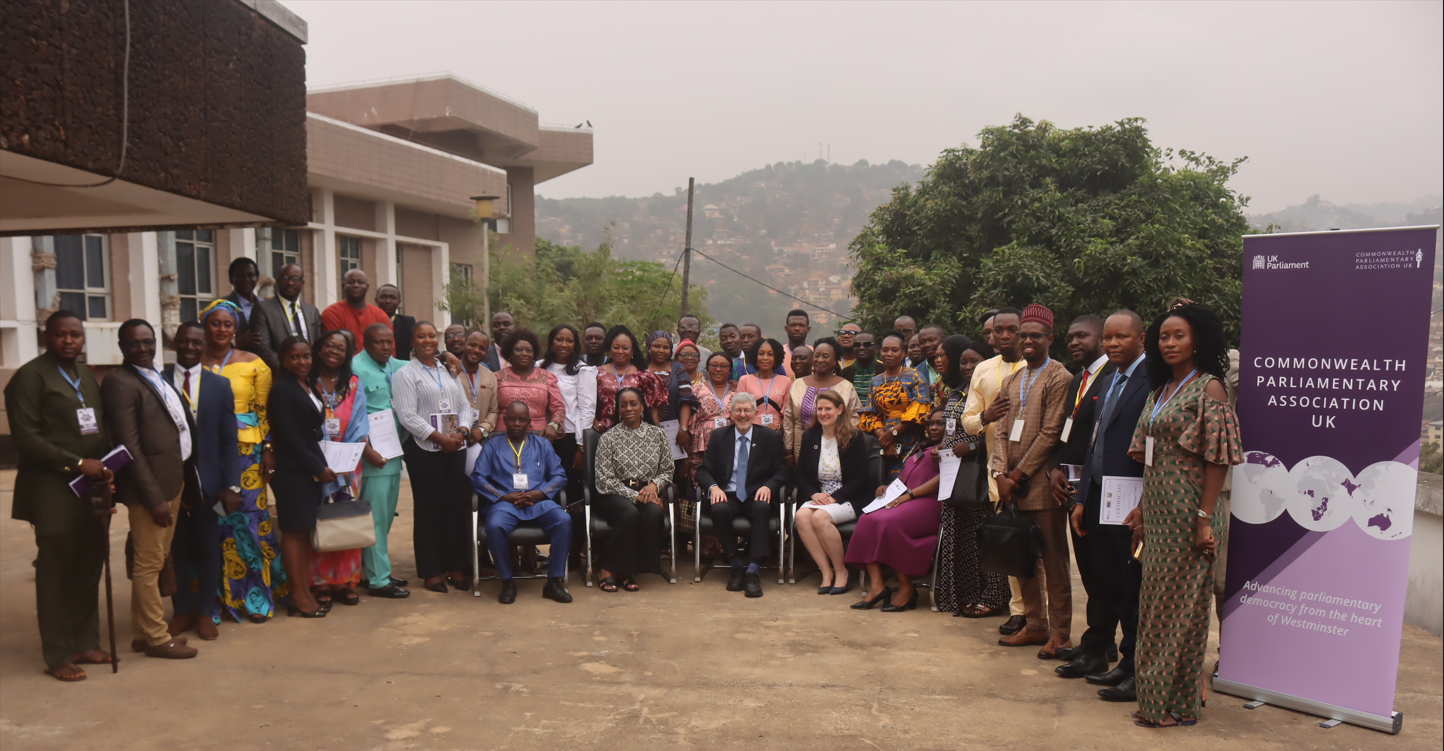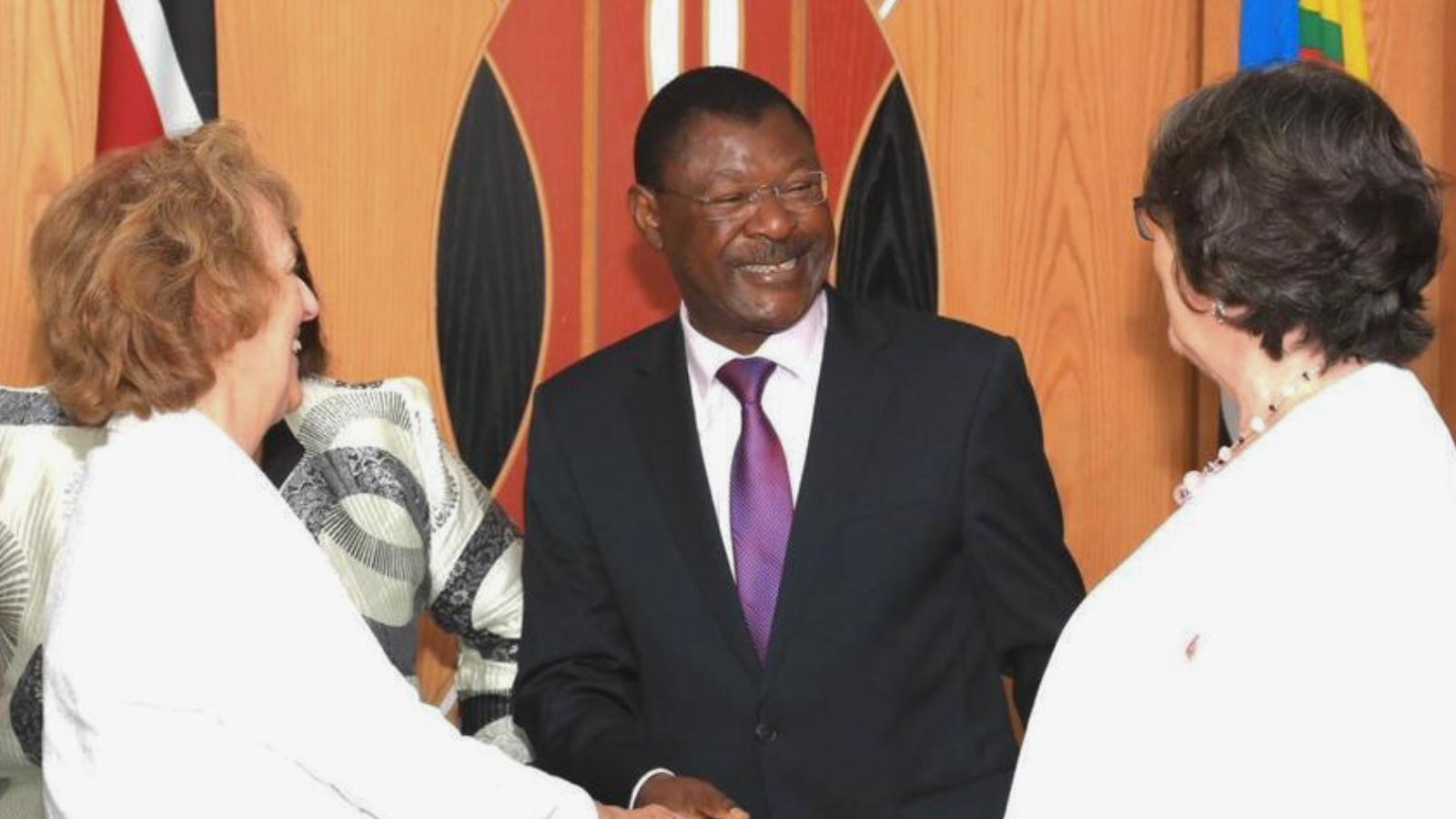Research, Reports, and Recommendations with the Parliament of Lesotho
Published 22 July 2021

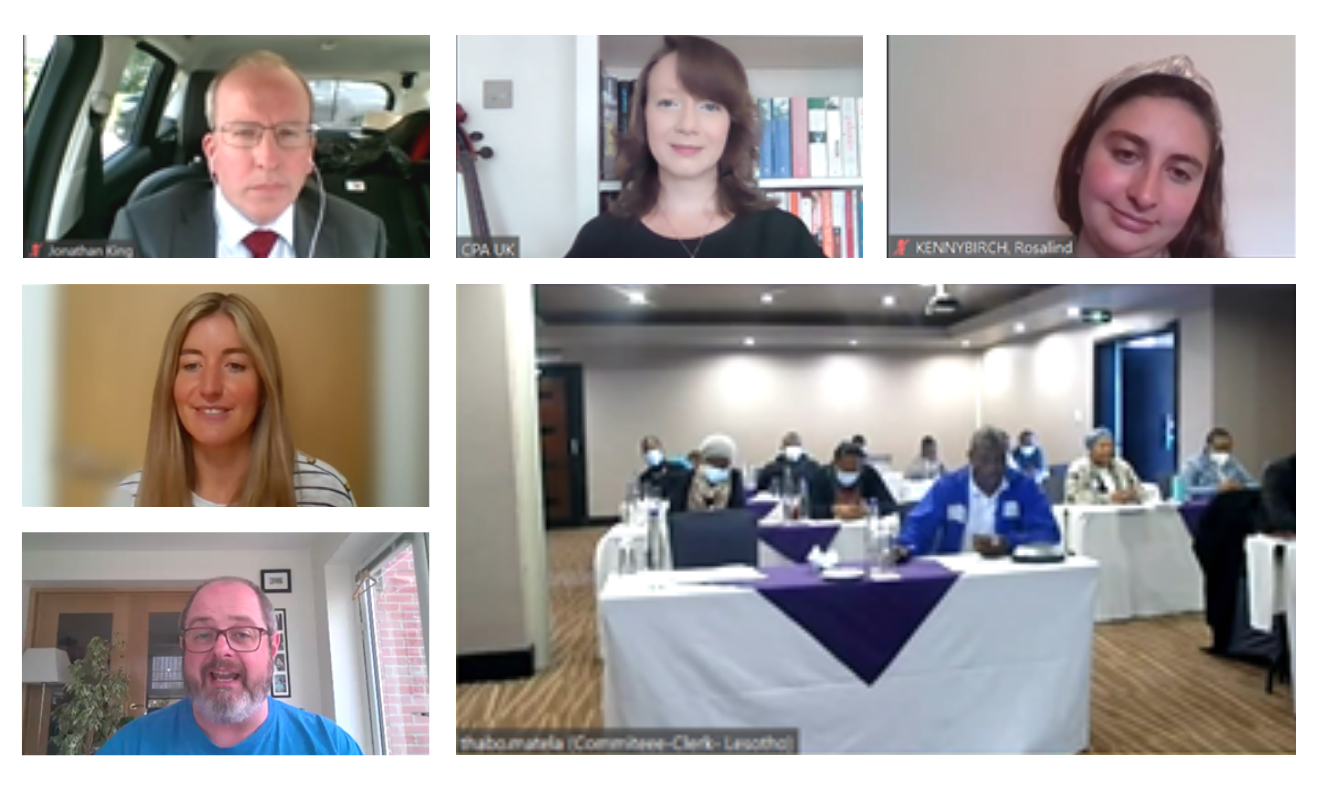 From 8-9 July 2021, CPA UK welcomed clerks and parliamentary officials from the National Assembly and Senate of Lesotho to a virtual programme on report writing and research. Over the two-day training session, participants strengthened their research and writing skills and explored effective channels for publishing reports. This article will highlight some of the key lessons learned throughout the programme.
From 8-9 July 2021, CPA UK welcomed clerks and parliamentary officials from the National Assembly and Senate of Lesotho to a virtual programme on report writing and research. Over the two-day training session, participants strengthened their research and writing skills and explored effective channels for publishing reports. This article will highlight some of the key lessons learned throughout the programme.
There is no need to reinvent the wheel every time
A key component of successful research is cooperation. This is particularly true if resources are limited. Establishing ties with colleges and universities can make research more efficient. Higher education institutions can provide relevant evidence for topics of interest to clerks and Members. Not only do these partnerships cut down the time clerks spend researching, but they also create a vested interest from stakeholders for recommendations to be implemented.
To improve collaboration between clerks, it is good practice to set clear guidelines, so all parties understand what is expected and plan their work accordingly. It is also beneficial to share committee work plans so capacity can be understood and opportunities for collaboration can be planned. Lastly, it is important to hold regular meetings so discussions can be held on the research approach, diversifying voices in the report, and relationships between committees can be strengthened.
The importance of storytelling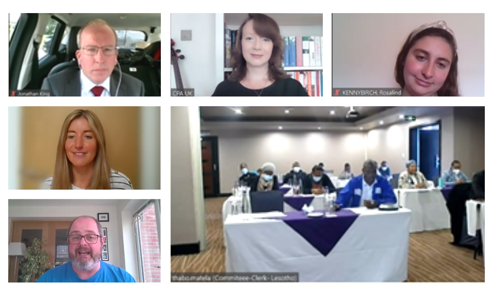
Determining the aim of a report at the start helps keep it concise and compelling. A report should have one of the following aims:
- To influence policy
- To build understanding
- To set an agenda
- To hold the government to account
Identifying the aim of the report helps with writing a comprehensive and focused report. This directness increases readability and understanding, particularly for an audience that may be pressed for time.
Being direct, however, does not simply mean bullet points. The report should tell a story: what has happened and why it is of concern; what issues are raised; and what should be done. This narrative allows the reader to follow the process, understand the steps taken, and convince them of the conclusions drawn.
Start with what you want to say, then adopt an appropriate structure
The format of the report is determined by the topic. Topics that are well-known in the public sphere will need less contextual information so may be shorter than those which are new or less widely reported on. Equally, a topic complicated by its specialised scientific nature or ethics may require further information to present a comprehensive narrative.
When telling the ‘story’ of the report, one must make sure the report is informative yet concise.
For a good headline, lead with what is important and what is new
Teboho Handy, a committee clerk from the Parliament of Lesotho, noted that reports in Lesotho should be published within 30 working days. Until 2010 reports were distributed as hard copies but there has since been a shift to digital reports. The Lesotho Parliament has a website upon which recent reports can be found. This is particularly beneficial for efficiency, audience reach, and keeping in line with sustainable development goals.
A way to increase the impact of the report is to coordinate publication schedules with parliamentary business. This ensures reports can be published and publicised promptly, without competing with others for public attention. This will increase the audience reach and public engagement.
Many parliamentary officials across legislatures have noted implementation as the most difficult step. As there is no obligation to implement recommendations, committees use soft powers to persuade action.
Soft pressure for implementation includes pressure from the press – and by extension, the public – as was the case with a recent fast-fashion report. This report, though its recommendations were not implemented, had a profound effect on the fast-fashion industry due to the support garnered by the public via the media.
Another way in which committees can encourage the implementation of report recommendations is to keep records. By recording correspondence and keeping a recommendation tracker, committees can remind the Executive of the recommendations. Moreover, record-keeping helps new committee members and staff follow up on past reports and recommendations.
Participants stated that the workshop was “excellent” and that they “learned quite a lot of things which [they] hope to put into practice going forward”.
The lessons learned over the two-day training session are applicable across the Commonwealth, as strong researching and writing skills are hugely important to all clerks. CPA UK looks forward to strengthening our relationship with the Parliament of Lesotho through further engagements digitally and in person.
